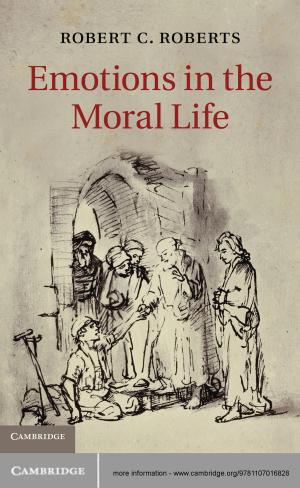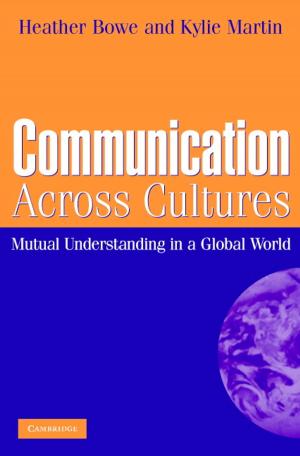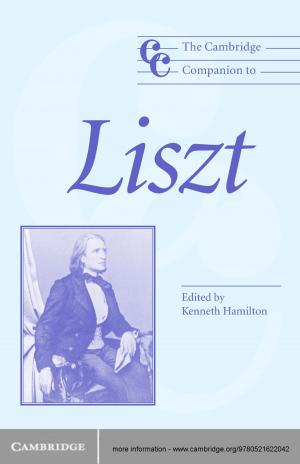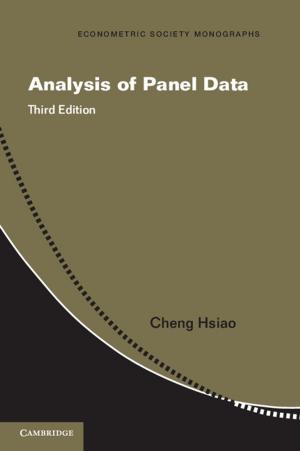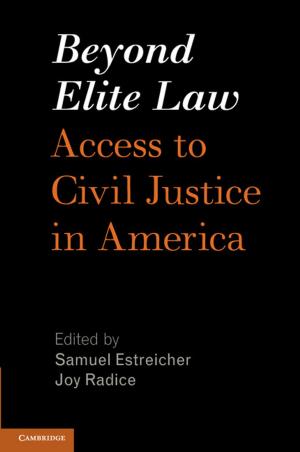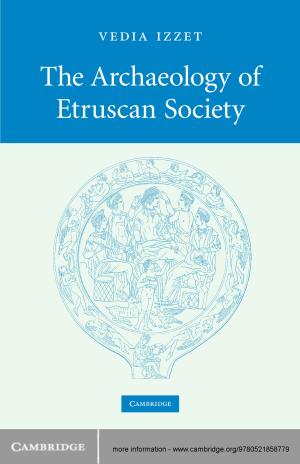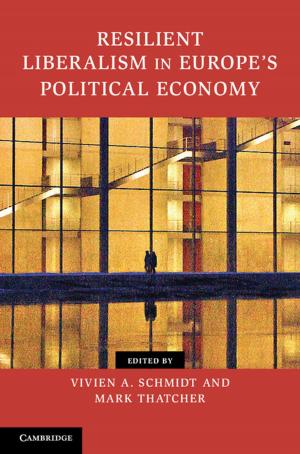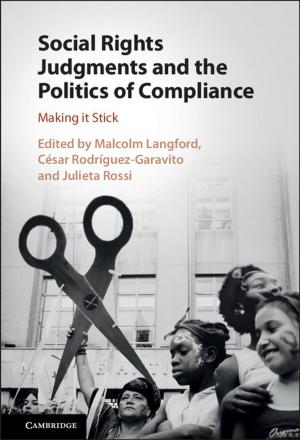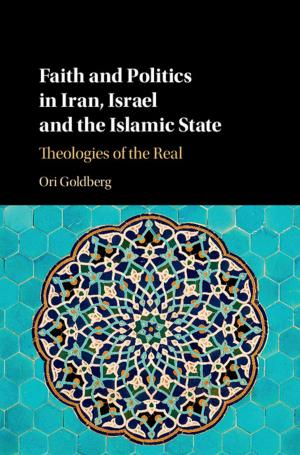The Cambridge History of Postcolonial Literature
Fiction & Literature, Literary Theory & Criticism, British| Author: | ISBN: | 9781316183540 | |
| Publisher: | Cambridge University Press | Publication: | January 12, 2012 |
| Imprint: | Cambridge University Press | Language: | English |
| Author: | |
| ISBN: | 9781316183540 |
| Publisher: | Cambridge University Press |
| Publication: | January 12, 2012 |
| Imprint: | Cambridge University Press |
| Language: | English |
Postcolonial studies is attentive to cultural differences, marginalisation and exclusion. Such studies pay equal attention to the lives and conditions of various racial minorities in the West, as well as to regional, indigenous forms of representation around the world as being distinct from a dominant Western tradition. With the consolidation of the field in the past forty years, the need to establish the terms by which we might understand the sources of postcolonial literary history is more urgent now than ever before. The Cambridge History of Postcolonial Literature is the first major collaborative overview of the field. A mix of geographic and thematic chapters allows for different viewpoints on postcolonial literary history. Chapters cover the most important national traditions, as well as more comparative geographical and thematic frameworks. This major reference work will set the future agenda for the field, whilst also synthesising its development for scholars and students.
Postcolonial studies is attentive to cultural differences, marginalisation and exclusion. Such studies pay equal attention to the lives and conditions of various racial minorities in the West, as well as to regional, indigenous forms of representation around the world as being distinct from a dominant Western tradition. With the consolidation of the field in the past forty years, the need to establish the terms by which we might understand the sources of postcolonial literary history is more urgent now than ever before. The Cambridge History of Postcolonial Literature is the first major collaborative overview of the field. A mix of geographic and thematic chapters allows for different viewpoints on postcolonial literary history. Chapters cover the most important national traditions, as well as more comparative geographical and thematic frameworks. This major reference work will set the future agenda for the field, whilst also synthesising its development for scholars and students.

